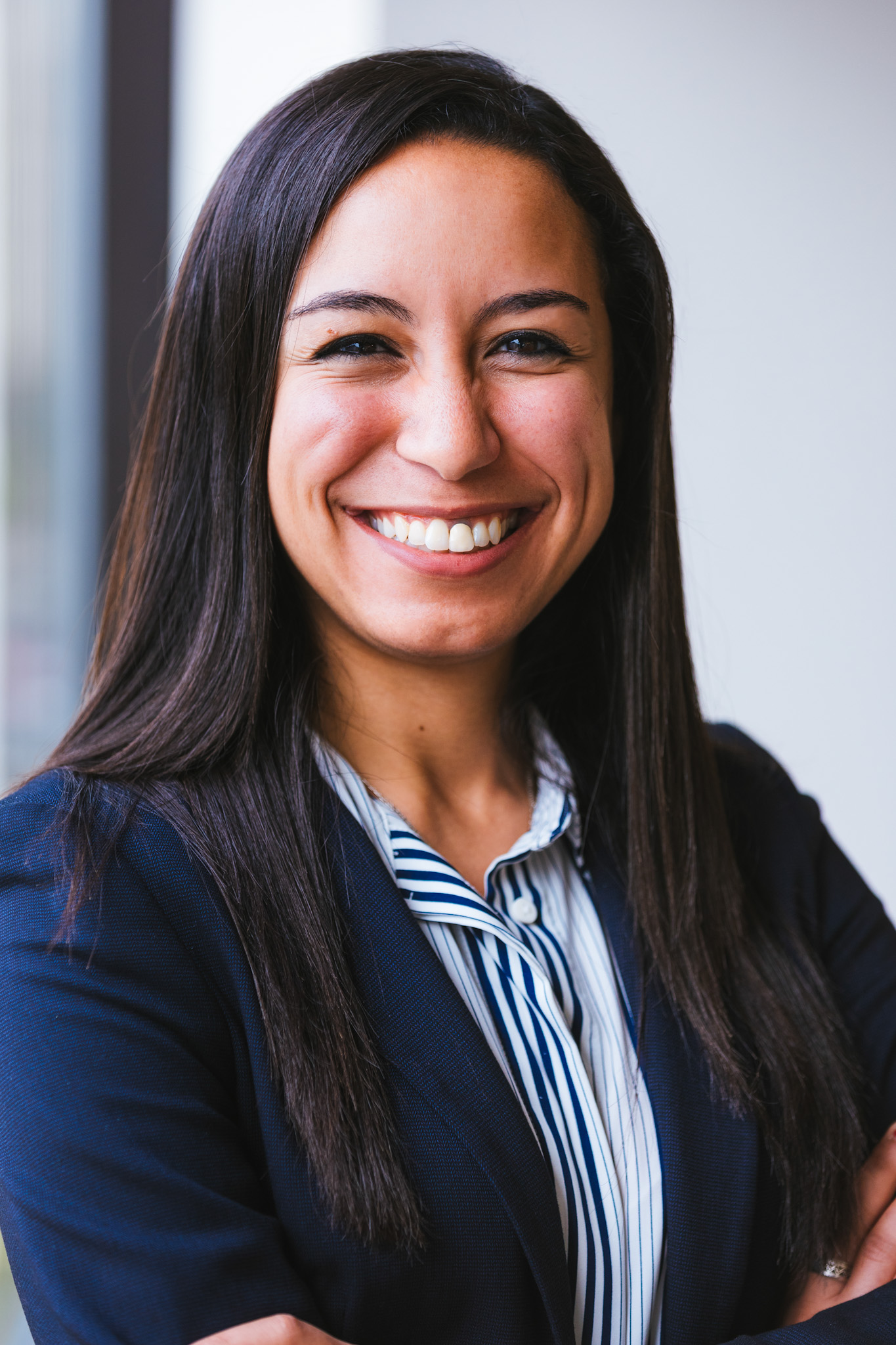Dina Sadek
Dina Sadek was a resident senior fellow at the Atlantic Council’s Digital Forensic Research Lab (DFRLab) leading the research portfolio for malign foreign influence in the US election and disinformation in the Middle East.
Prior to joining the DFRLab, Sadek worked as Asia program manager at Internews Network, managing programs that enhance access to credible quality news and information in Asia, and as the director of programs in Myanmar prior. She also worked at the International Republican Institute in several capacities, including as a global media development and countering disinformation specialist, and managed regional civil-society capacity building programs in the Middle East and North Africa region. Sadek worked on development programs enhancing political inclusion, digital literacy, and mitigating electoral disinformation ahead of the 2020 general elections in Myanmar.
Before her involvement in international development, Sadek was a Cairo-based freelance reporter, a field interpreter, and fixer for several international media outlets in Egypt and Libya. She holds a master’s degree in global security and strategy from the School of Oriental and African Studies at the University of London. Her master’s research focused on the contributing factors to disinformation and extreme speech in long-term conflicts with case studies on the Israeli–Palestinian conflict and the Myanmar internal conflict.


